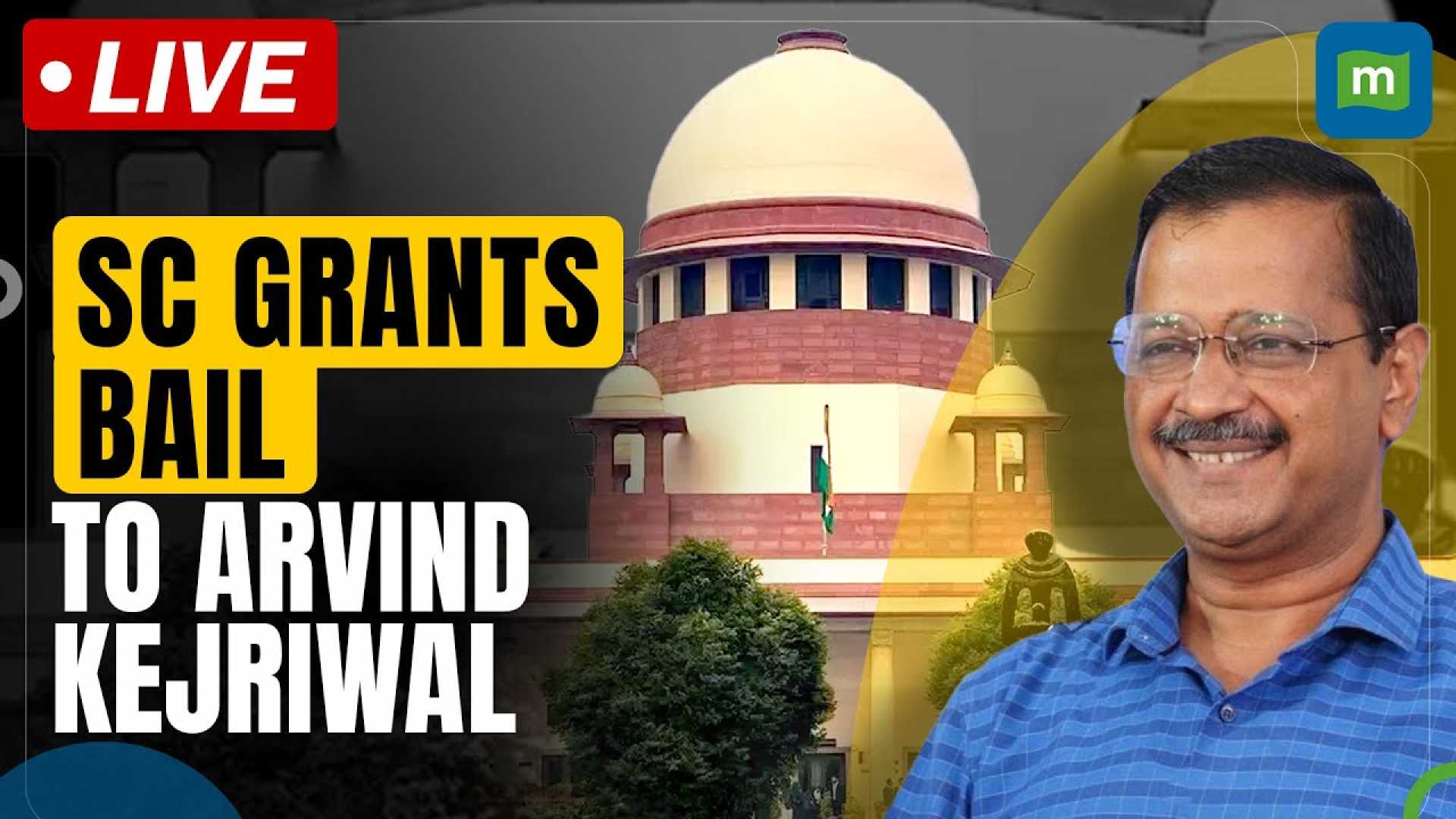Politics
Supreme Court Grants Conditional Bail to Arvind Kejriwal in Excise Policy Case

The Supreme Court of India has granted bail to Delhi Chief Minister Arvind Kejriwal in connection with the now-defunct Delhi excise policy case. The decision was announced on September 13, 2024, following prolonged legal proceedings brought on by both the Central Bureau of Investigation (CBI) and the Enforcement Directorate (ED).
The court’s ruling allows Mr. Kejriwal to be released from incarceration after furnishing a personal bond of ₹10 lakh, alongside two sureties of the same amount. This follows after both departments had previously arrested the Aam Aadmi Party (AAP) leader on allegations pertaining to money laundering and corruption.
Justice Surya Kant observed that while the arrest was deemed procedurally correct, the lengthy detention constituted an “unjust deprivation of liberty.” In contrast, Justice Ujjal Bhuyan criticized the rationale behind Mr. Kejriwal’s arrest, describing it as “unjustified.”
As a condition for release on bail, Mr. Kejriwal has been restricted from accessing the Chief Minister’s office or the Delhi Secretariat and is prohibited from commenting publicly on the case’s merits. These limitations aim to ensure the proper conduct of the trial.
While Mr. Kejriwal’s release elicits varied reactions, political commentators and party activists have responded with optimism. However, Congress has expressed skepticism, underscoring that the move signifies an ongoing legal process rather than complete exoneration.
Notably, BJP spokesperson Gaurav Bhatia has called for Mr. Kejriwal’s resignation, asserting that securing bail is no exoneration of the charges.
The bail decision serves as a vital reminder of the robust checks and balances within the judiciary, as well as the essential right to liberty.












